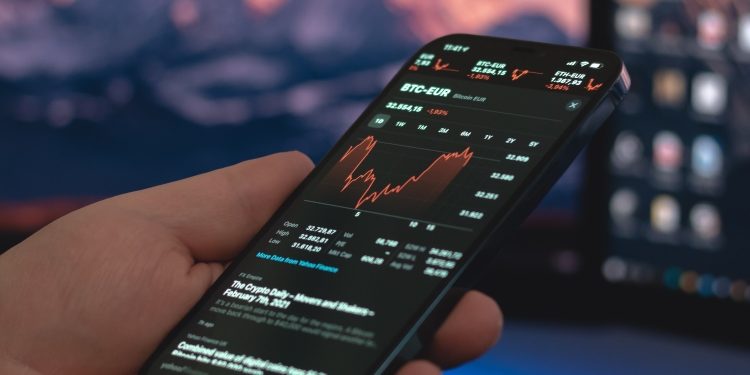In the crypto world, the anonymity of blockchain transactions remains a hot topic of debate. However, the fact is that BTC is only partially pseudonymous and anonymous. In addition, on-chain analytics, with the help of data providers, analytics companies, and governments around the world are trying to maintain control over all information about blockchain transactions. If clients don’t watch out, they can without much of a stretch leave hints of their actual characters on-chain for states or examination companies to take advantage of.
It’s no big surprise that Bitcoin blenders are filling in prevalence huge amounts at a time. Mixing your coins with other users through a Bitcoin mixer can make them anonymous. In any case, Bitcoin Blender itself doesn’t ensure that clients can remain unknown; More advances should be taken. So what is the job of the Bitcoin blender in this situation? If you are interested in bitcoin trading, go to a reliable Trading Platform.
Purpose Of Bitcoin Mixer
Speaking of blockchain, it is the open ledger utilized by BTC (Bitcoin), which is capable of keeping track of all BTC network transactions. Furthermore, transactions cannot be changed, deleted, or reversed, as blockchains are immutable by design. However, the nature of blockchain provides a decentralized, reliable method of accounting. Subsequently, it could be outside the realm of possibilities for customary clients to keep their crypto assets hidden. In any case, a few standard clients purchase Bitcoin through a concentrated exchange, where they might need to go through a KYC cycle first. After which, any transaction that occurs after their wallet is KYC is forever connected to their genuine character.
Can Bitcoin mixer transactions be tracked?
Of course, the privacy of users is maintained by Bitcoin mixers. In the crypto world, a Bitcoin blender is a device that everybody ought to have the option to utilize. However, bitcoin mixers are unable to guarantee that users can maintain complete anonymity after using their services. Furthermore, many bitcoin mixers have previously been placed under certain regulatory restrictions by the US government. Public blockchain information and realized wallet locations of possibly dubious clients are likewise gathered by the US government. This means that some addresses that turn out to be invalid may be flagged and tracked, and Bitcoin mixers or coinjoin may not be efficient enough in this scenario. On the other hand, if the number of transactions in a Bitcoin mixer is high, it may be difficult for blockchain analytics or government firms to track unique identities on the blockchain. Furthermore, as the number of people using Bitcoin mixing services becomes larger, the traceability of such transactions becomes less obvious, increasing overall anonymity.
Are Bitcoin mixers legal?
While bitcoin mixers are not considered illegal by most countries, this does not stop some governments from blacklisting and interfering with these services. However, bitcoin mixers are not specifically prohibited by any law. Then again, the regulations managing the utilization of BTC mixers contrast from one country to another and some of the time even from one individual to another. In any case, it has been contended by the US Branch of the Depository (Spot), that BTC mixer has neglected to address its utilization as an unlawful illegal tax avoidance administration. It may be foolish to assume, however, that the coins in these mixing services only come from illegal sources without any additional evidence.
Concept of Bitcoin’s Traceability
People were so curious to find out how Bitcoin was able to track transactions and recognize the actual owner of those transactions. Moreover, they knew that anonymity is not possible with the Bitcoin blockchain. It is very difficult to find out the anonymous data of Bitcoin on its blockchain. Although Bitcoin is an open-source currency therefore it is transparent to all. Anyone can see its ongoing transaction records. Moreover, in the case of a known person, their transaction can be easily tracked.
David Prior
David Prior is the editor of Today News, responsible for the overall editorial strategy. He is an NCTJ-qualified journalist with over 20 years’ experience, and is also editor of the award-winning hyperlocal news title Altrincham Today. His LinkedIn profile is here.


![7 Best POS Software in the UK [2026 Edition]](https://todaynews.co.uk/wp-content/uploads/2026/02/7-Best-POS-Software-in-the-UK-2026-Edition-360x180.png)








































































